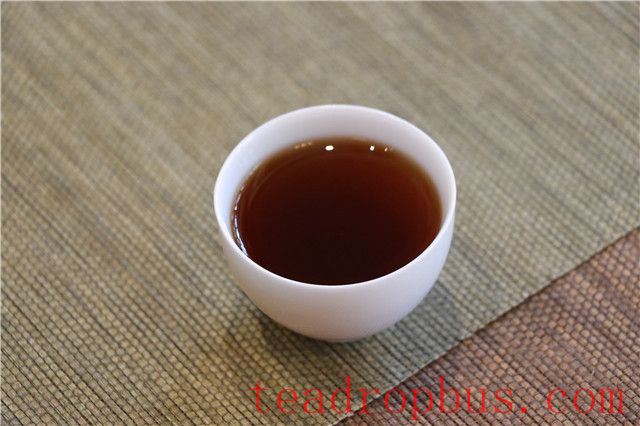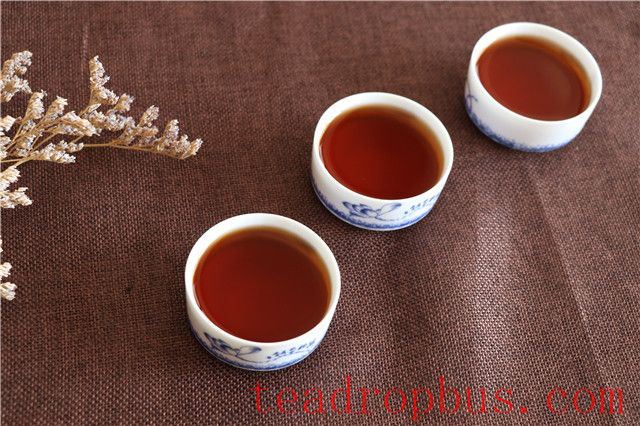Qi deficiency symptoms manifest as an abnormal body shape, being excessively thin or overweight, a pale complexion, and a low tone of voice. It's also common to experience palpitations and shortness of breath after minimal physical activity. Drinking certain teas can be a good choice for treating a qi deficiency constitution.

Which Teas Should People with Qi Deficiency Constitution Drink?
1. Lung Qi Deficiency
Patients with lung qi deficiency may experience symptoms such as coughing, shortness of breath, and fatigue. Herbal teas made from tonifying lung qi Herbs like Codonopsis, Astragalus, and Schisandra can help consolidate lung qi.
2. Kidney Qi Deficiency
Those with kidney qi deficiency can choose teas containing herbs like wolfberry, poria, and psoralea to nourish the kidneys and boost qi.

3. Spleen Qi Deficiency
Spleen qi deficiency is caused by dietary imbalances and overwork. Drinking teas made from herbs like poria, licorice root, and white atractylodes can improve spleen function and alleviate symptoms of spleen qi deficiency.
4. Heart Qi Deficiency
Heart qi deficiency can lead to palpitations, shortness of breath, and excessive sweating. Consuming teas with lily, lotus seeds, and longan can have a nourishing effect on the heart, tonify qi, and calm the mind.
5. Yang Deficiency
Patients with yang deficiency often experience fatigue and apathy. Drinking teas with angelica, astragalus, and ginseng can replenish yang and boost qi.

People with qi deficiency should engage in gentle exercises, such as walking, practicing tai chi, and doing calisthenics in places with fresh air like parks, squares, courtyards, lakesides, riverside areas, and hillsides, consistently. They can also massage the Zusanli acupoint to strengthen the spleen and supplement qi. High-intensity exercise and activities that cause heavy sweating should be avoided, as well as strenuous efforts and prolonged breath-holding, which can deplete vital energy.